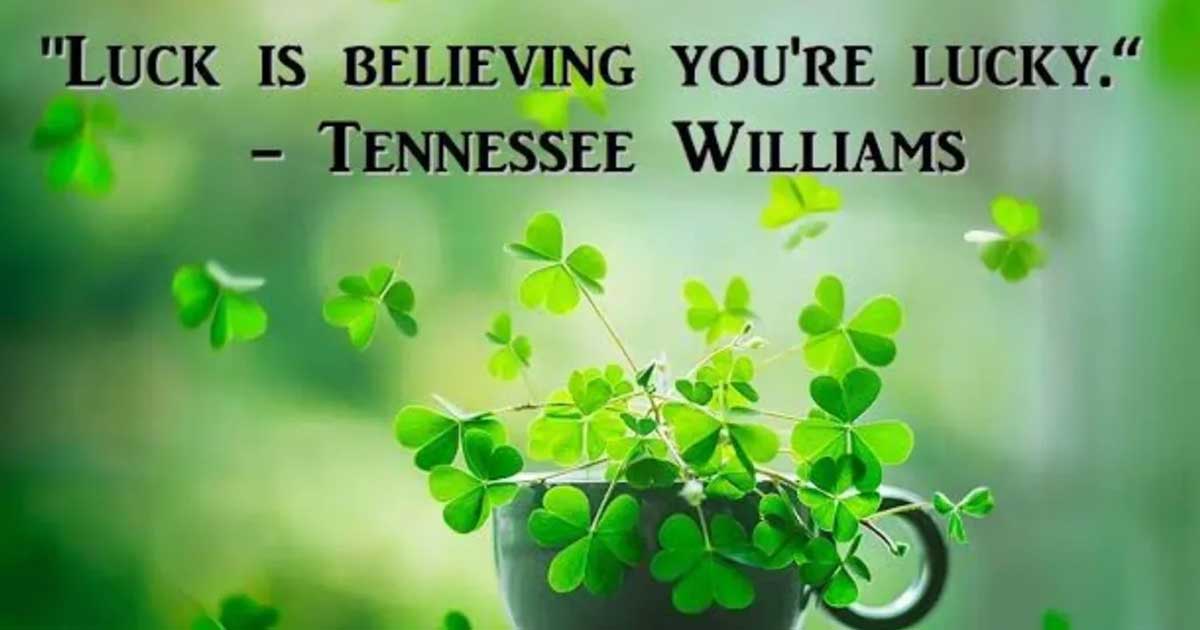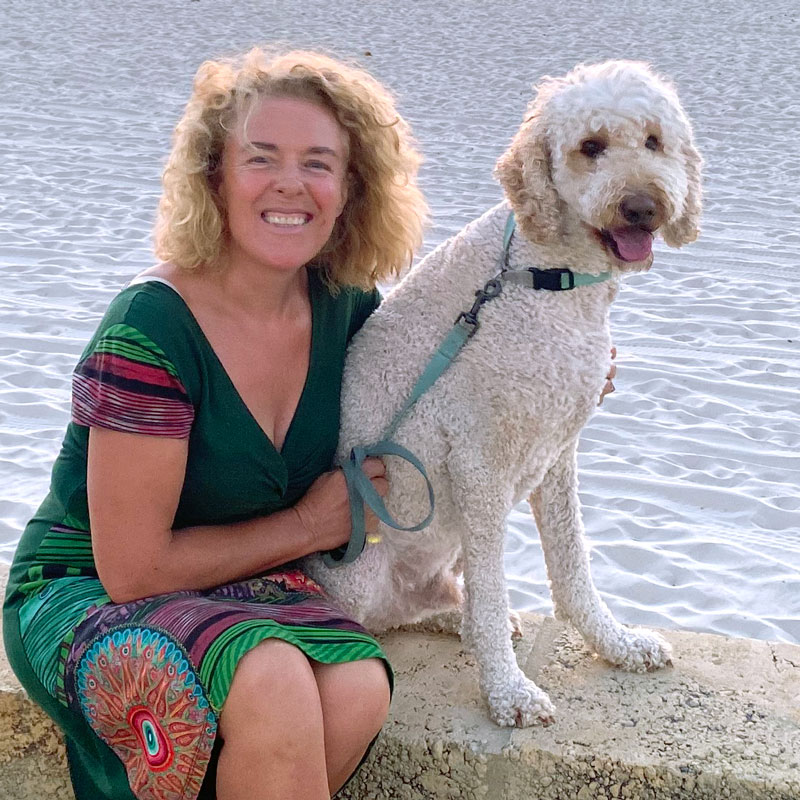The happiness of your life depends on the quality of your thoughts.
Said Marcus Aurelius, Roman Emperor and Stoic philosopher who continues to inspire us, two thousand years on, with his Meditations, now a series of books containing quotes and notes he wrote to himself to help him live a better life. Yet I believe that the depth of this wisdom still hasn’t quite sunk into the human psyche despite our experience of living through the last two millennia.
Time to reflect
If we think about it for a minute, we mostly know that there’s little about life that we can control. This has been particularly hard-hitting in terms of COVID-19 and how it turned our lives upside down so easily and so quickly. Many of us felt upset by not being able to socialise or go on holiday, having to work or study from home and seeing our freedom curtailed. As a result, people’s mental health has been an at an all-time low, the world over, during the past year. It’s taking longer and longer to get an appointment with a therapist. People are suffering bigtime. I too went through a period of anger and resentment which ate away at me. I got sucked into the dark hole of victimhood, believing that my life was lacking, and I had no control over how things were unfolding. I lived uncomfortably with the fear of uncertainty, and it filtered down into my general outlook.
Unprocessed trauma
And then this week I received a stark reminder of how lucky I am. The 21st of June seems to have crept up on me like a quiet predator ready to pounce. It’s been 11 years already since the terrible accident that almost stole our son, Alfie, from us. Two years ago, I wrote a story called The Glass Door (you can click on the link if you’d like to read it in full). Suffice to say that a guardian angel must’ve been watching over us back then because Alfie pulled through without any major disability, and both he and his sister, Matilda, now wear their scars with a sense of resilience knowing what they’ve overcome since that horrific day. The accident coincided with the end of a three-year stint of luxury, living the ex-pat life in Singapore, and the beginning of our new lives in Perth, Australia. Needless-to-say, our move was delayed until Alfie was released from hospital, and we were given the all-clear to fly. I look back at that day, the longest day of the year (Summer Solstice) back in the homeland, and still think about the irony of how it really was the longest and most stressful day of my life. As those of you who’ve been following my journey will know, I took refuge in the mind-numbing effects of alcohol for many years after the event instead of processing the trauma that we all suffered that day.
My superpower
In May this year, I celebrated two years of sobriety and rejoiced at how far we’ve come as a family in healing those wounds that festered in us for so long. Now I treasure my sobriety and see it as my superpower. It allows me to be better than I have been because I’m more honest with myself and others. I’ve learnt to be kinder, more forgiving, compassionate and grateful for all that I have. In accepting that I needed to unpick the painful events of the past and doing what I had to in order that healing could take place, I’ve been able to move on. Yes, sometimes I still slip up in my thinking and need a bit of a jolt to get me back on track, but I don’t berate myself too much for it as I know that my sobriety is proof enough to me that I’m making progress. June 21st is just the jolt I need this week to check my thinking and make sure that it aligns with what I know deep down to matter in life – love and connection.
It’s a wake-up call too for how much time has passed since that day. To think that we’ve lived in Australia for 11 years already is just ridiculous. But then I look at my kids and see that one of them is driving a car now, the other is ready for a part-time job, and I see a woman in the mirror who looks nothing like the 30-something woman I feel inside!
You get to choose your response
Which brings me back to the point that Marcus Aurelius made about our thoughts. He was very much of the thinking that people are victims of their own erroneous judgements. He accepted that every day he was probably going to encounter people who would be angry, ungrateful, impatient, stressed, or sad. He understood he could choose how he responded to them and reflected on how none of those people intended to behave that way. It was just a simple fact of them not being the masters of their thoughts. They had not learnt to take control of how they responded to what life sent their way.
As I write this, I realise that you’ll have heard me ramble on about this before because one of the most powerful things I learnt when I first embarked on a sober life was gleaned from this piece of wisdom written by psychiatrist and Holocaust survivor, Viktor Frankl:
Between stimulus and response there is a space. In that space is our freedom to choose our response. In our response lies our growth and our freedom.
Facing the pain
It’s funny how it all comes down to the same thing. I know people are always saying ‘you must think positive’ but I don’t think that statement quite hits the mark. What I believe we need to do is assess our lives with eyes wide open, see it for all the bad, not just the good, and be mindful of the fact that some of what we perceive as bad might be just based on skewed thinking. Are we comparing ourselves to others, perhaps we think the grass is greener over there somewhere? And we also need to acknowledge that proper bad things happen to us too, that leave a mark, or create a void, that needs to be addressed. While it’s all well and good to say that we must see the positive, we will never move on if we don’t first process the bad stuff that happened to us. Part of the healing process involves feeling the pain, having it validated by supportive, caring people, crying the tears if need be, thus allowing the sub-conscious mind to register that the trauma has been dealt with. I heard someone say recently that trauma kills empathy. But it only kills empathy if the trauma is buried deep inside and isn’t faced, validated, and healed. When we can be honest about our own pain, we can empathise with others who are in pain.
Happiness is an inside job
I know that happiness is an inside job. It’s not about my house, my car, my wealth, or my friends, it’s about how I perceive my life to be. If I decide that the size of my house or the make of my car will determine my happiness, then I might get some temporary pleasure if I manage to acquire those things. But it’s not the things themselves that bring me happiness, is it? No, it’s the decision to believe that they’ll bring me happiness that does. So, it will therefore follow that if I decide that a rusty little biscuit-tin of a car that still runs well despite years of wear and tear will bring me happiness, then that’s what will happen.
It’s my judgement of a thing, a person or a situation that will generate my emotional response. A perfect example of this played out for me recently in my relationship with my husband. I was feeling sad that it was a Saturday night and I had nowhere to go, no-one had invited me to socialise or party with them. A thought came into my head that I was a Gilly-No-Mates. I walked into the kitchen and my husband asked me if I’d like to go for a walk with the dog. My first instinct was to dismiss him, because he’s always there. But being the master of my thoughts, I looked at my husband with a feeling of appreciation for the fact that he is always there, and my heart warmed with the gratitude I felt. We walked out into the cold night air together and looked up at the stars in the sky. I squeezed his hand as a tingle ran down my spine, triggered by a thought I chose to think in that moment: ‘how lucky I am.’ Thanks for being here with me today.

